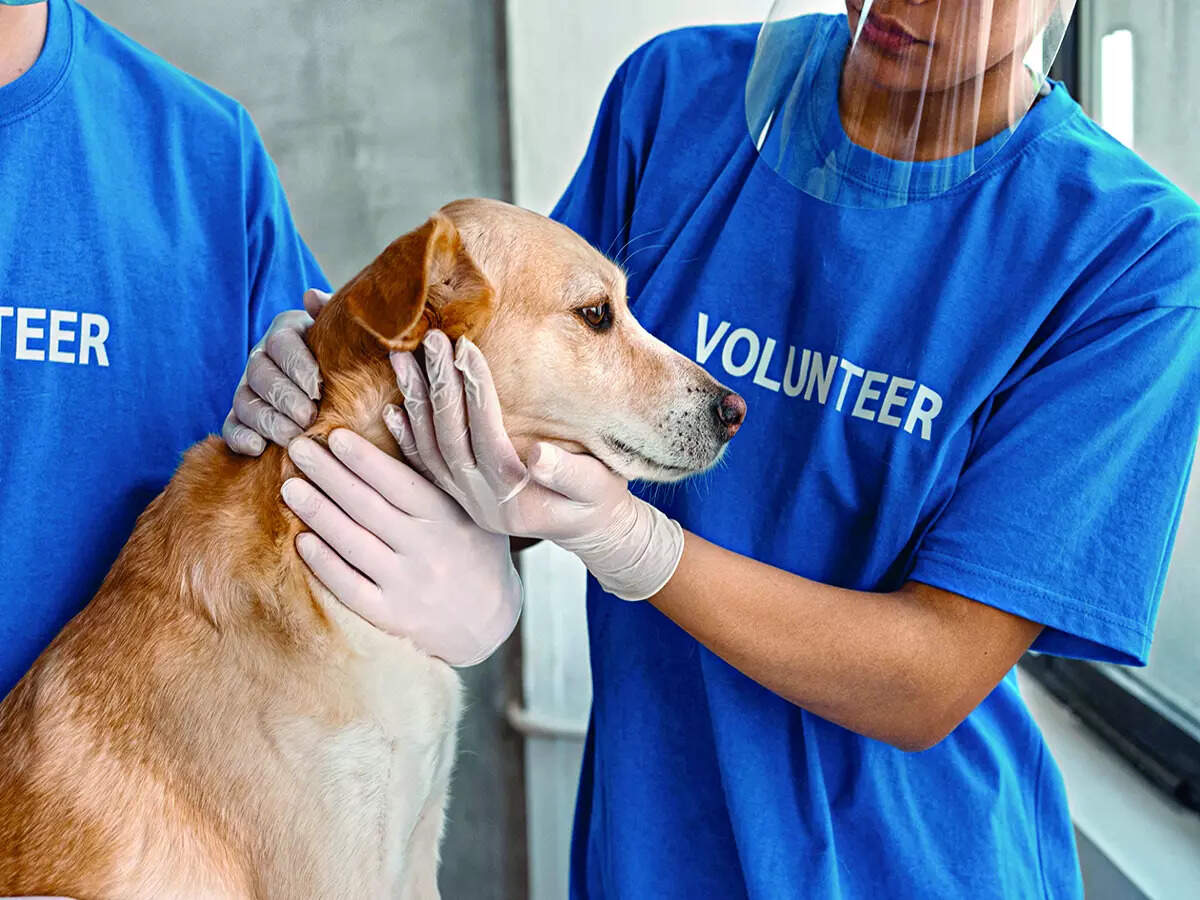The decision by the state government to close 24 veterinary institutions in Bengaluru Urban district and four in Bengaluru Rural district, with plans to relocate them to areas with a poor cattle-to-hospital ratio, has sparked controversy.
Full Story:
According to an order from the Animal Husbandry and Fisheries Department, there are currently 4,234 veterinary institutions in the state, with 101 in Bengaluru Urban and 103 in Bengaluru Rural districts. The order refers to guidelines from the National Commission of Agriculture, stating that for every 5,000 cattle units, there should be a veterinary institution. Based on this, the decision has been made to close and relocate institutions in Bengaluru where the cattle-to-veterinary institution ratio is less than 1,300.
However, this move has triggered a backlash from animal rights activists in the city. Arun Prasad, a prominent activist, deems the proposal unscientific and warns that it could be detrimental to the well-being of animals in Bengaluru. He argues that the decision to calculate the need for veterinary institutions based solely on cattle overlooks other animals, including pets, which form a significant part of the city’s population requiring care.

Source: Hindustan Times
The Jayanagar Canine Squad, a voluntary organization dedicated to rescuing and treating stray dogs, has written a letter to K. Venkatesh, the Minister for Animal Husbandry, expressing objection to the closure of the Veterinary Hospital in Jayanagar. The letter emphasizes that the hospital handles nearly 1,500 cases monthly, providing essential support to low-income groups and pet owners. The squad argues that instead of shutting down the facility, the government should focus on improving its services, citing its importance for the community.
Members of the Jayanagar Canine Squad dispute the claim in the order that these clinics are underutilized. They highlight the vital role these institutions play in serving pet owners who cannot afford private clinics. C.N. Kumar, a senior civic activist, emphasizes that rather than closing these facilities, the government should explore ways to enhance their capabilities and meet the diverse needs of the community.

Source: Bangalore Mirror
Animal rights activists and volunteers stress the significance of considering the broader spectrum of animals, not just cattle, in determining the necessity of veterinary institutions. The plea is for a more comprehensive and inclusive approach that acknowledges the diverse needs of the city’s animal population.



















































































